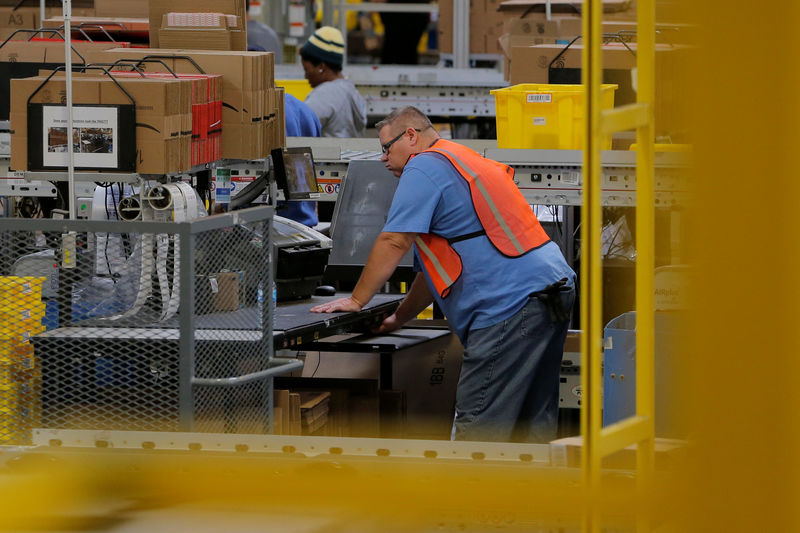Physical Intelligence Secures $400 Million Funding Led by Bezos
A significant development has occurred in the robotics and artificial intelligence sector. The robotics AI startup Physical Intelligence announced today that it has successfully completed its early-stage funding round, raising $400 million. The financial support came from high-profile investors including Jeff Bezos, the founder of Amazon (NASDAQ:AMZN), OpenAI, and venture capital firms Thrive Capital and Lux Capital.
Focusing on developing a universal software platform for robots, the startup has reached an impressive valuation of $2 billion, according to PitchBook data. Physical Intelligence aims to simplify the robotics sector by creating software applicable to various robotic systems, thereby eliminating the need for separate software development for each specific robotic task.
This funding round places Physical Intelligence among a handful of other startups entering the robotic AI space, which has attracted significant interest and investment from major technology companies such as Microsoft, Google, Meta, Amazon, and Nvidia. All of these companies are dedicating substantial resources to AI adaptation. According to estimates from the venture capital firm Accel, investments in AI and cloud companies across the U.S., Europe, and Israel are expected to reach $79.2 billion by the end of 2024.
The fields of AI and robotics are expanding, with many startups like Vicarious, Universal Robots, Seegrid, and Covariant emerging in the market. Notably, Vicarious's acquisition by Alphabet’s Intrinsic in 2022 signals increasing consolidation within the sector.
In a related development, Elon Musk previously predicted that there could be over 10 billion humanoid robots by 2040, with prices ranging between $20,000 and $25,000. Tesla, another major player in the field, recently showcased the latest version of its Optimus humanoid robot at a Robotaxi event.
Last week, Physical Intelligence demonstrated the capabilities of its π0 (pi-zero) software in a published paper. The software was shown to enable robots to perform daily tasks such as folding laundry, bagging groceries, and retrieving toast from a toaster. This emphasizes the practical applications of the startup's technology in everyday life.
This article has been generated, translated, and reviewed by an editor with the assistance of AI. For more information, please refer to our Terms and Conditions section.


